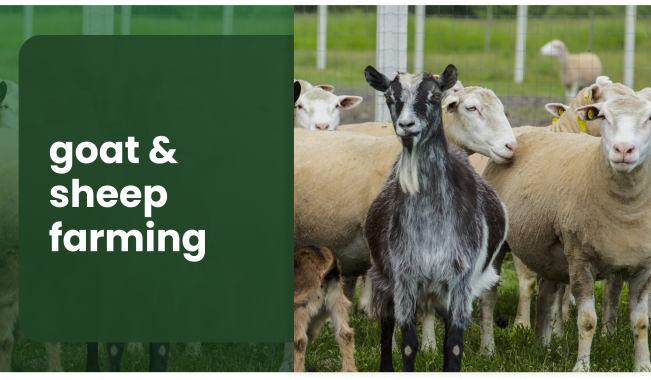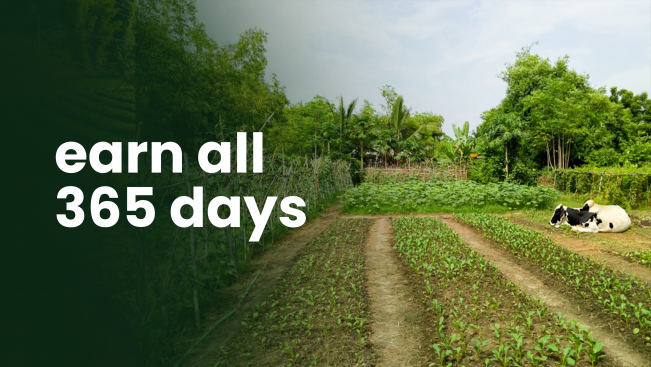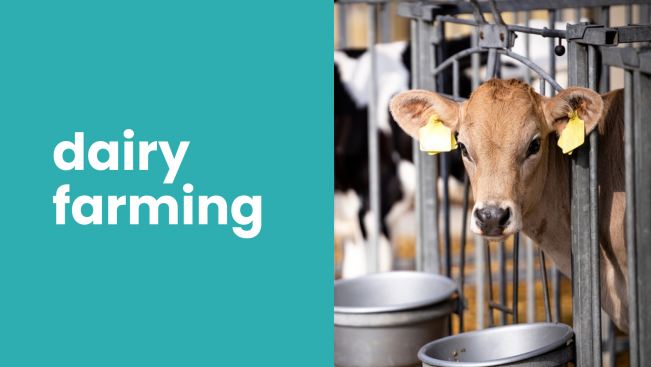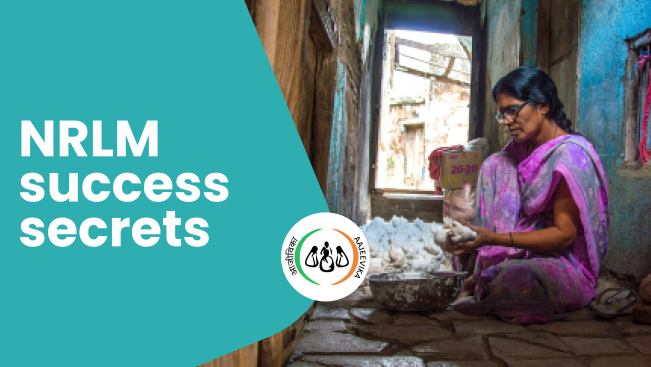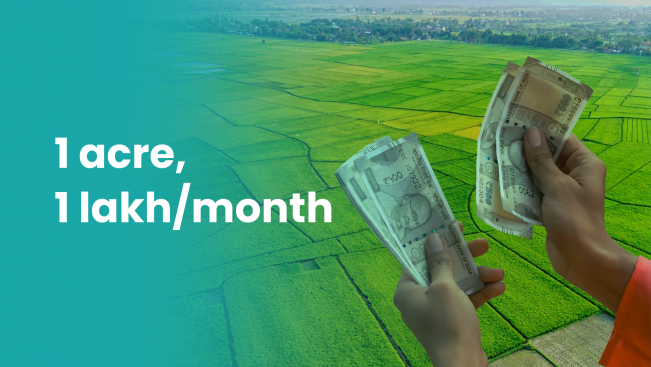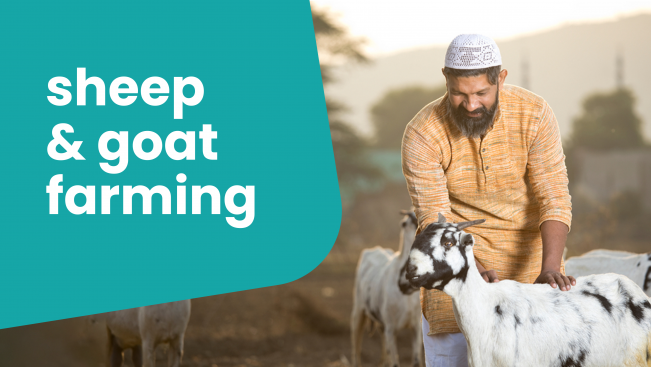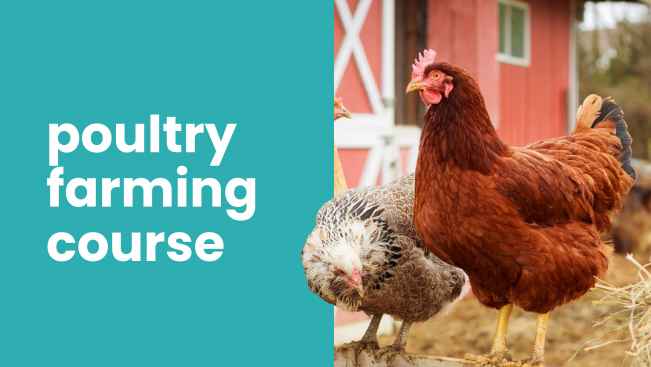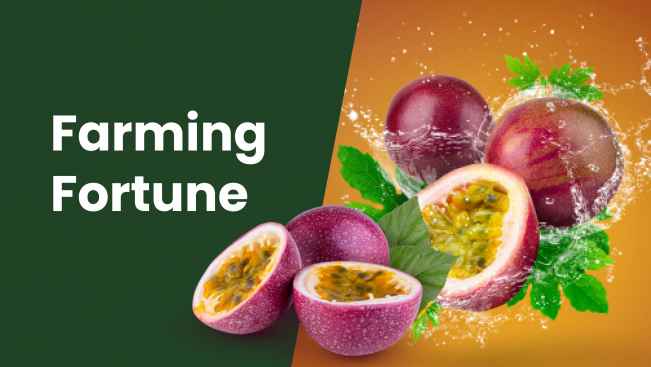The Sheep & Goat Farming Course on the ffreedom app is a comprehensive guide on how to start and run a successful Sheep and Goat Farming Business. The course covers everything an individual needs to know about sheep and goat farming in India, including how profitable it can be.
Sheep and goat farming is a popular agricultural business in India and for good reason. These animals are hardy and can adapt to a wide range of climates and terrains. They also reproduce quickly, making it easy to build a herd. Additionally, sheep and goats are used for both meat and milk production, providing farmers with multiple income streams.
The Sheep & Goat Farming Course on the ffreedom app covers all the key aspects of sheep and goat rearing, including how to choose the right breeds, feeding, and care, and how to market your products. The course also covers the financial aspects of the business, including how to calculate costs and projected profits.
One of the main benefits of this farming is that it is relatively low-cost to start. With minimal investment, an individual can start a small herd and begin earning a profit. As the herd grows, so too will the potential for profit.
The Sheep & Goat Farming Course on the ffreedom app is an excellent resource for anyone looking to start a sheep and goat farming business in India. With detailed information on all aspects of the business, this course is a great way to learn how to earn a profit from sheep and goat farming.
Introduction to the course and its overall objectives
the introduction to different species of animals, the process of selecting the right breed for your farm,
A guide to building an affordable structure for housing and raising livestock.
strategies for effectively managing and retaining labor and staff in the breeding industry.
techniques and knowledge needed to breed animals successfully, including genetics, breeding strategies, and best practices.
The principles and techniques of managing the feeding of breeding animals to achieve optimal health and productivity.
Module cover the topics of vaccinations, medicines, and diseases and how to manage them in your breeding operation properly.
Different types of equipment, their functions, and how to properly use and maintain sheep and goats.
Strategies and techniques for promoting and selling products or services, as well as information on shipping and international market expansion.
Financial support available from government agencies, including subsidies, insurance, and loan, and how to access them to support the growth of your business
The economic principles and analysis of running and scaling a farming operation, including financial forecasting and strategies for growth and expansion
Summary and conclusion of the course, highlighting key takeaways and offering guidance for future implementation and success in the field

- Individuals who are interested in starting or expanding a sheep or goat farming business
- People who want to learn more about the management, breeding, and health care of sheep and goats
- Small-scale farmers looking to diversify their livestock operations
- Agricultural students or recent graduates interested in sheep and goat farming
- Anyone who wants to gain a deeper understanding of the sheep and goat industry



- Basic information about sheep and goat farming, including breeds, feeding, health, and behavior
- Strategies for selecting and purchasing animals
- Techniques for breeding and raising sheep and goats
- Information on housing, fencing, and equipment needs
- Best practices for managing and marketing a sheep and goat farming business
Once you purchase a course, it is with you forever on the ffreedom app. You can learn and revisit the chapters any number of times.
You can view the course videos at your convenience by downloading the entire course content on your mobile. Learn at your pace and from anywhere.
Get certified on completing a course. Each course will earn you a certificate that will help you display your newly gained skills.




Get certified on completing a course. Each course will earn you a certificate that will help you display your newly gained skills.
Buy this course for ₹799 and get lifetime validity for it on the ffreedom app
Other courses on ffreedom app you might be interested in...
